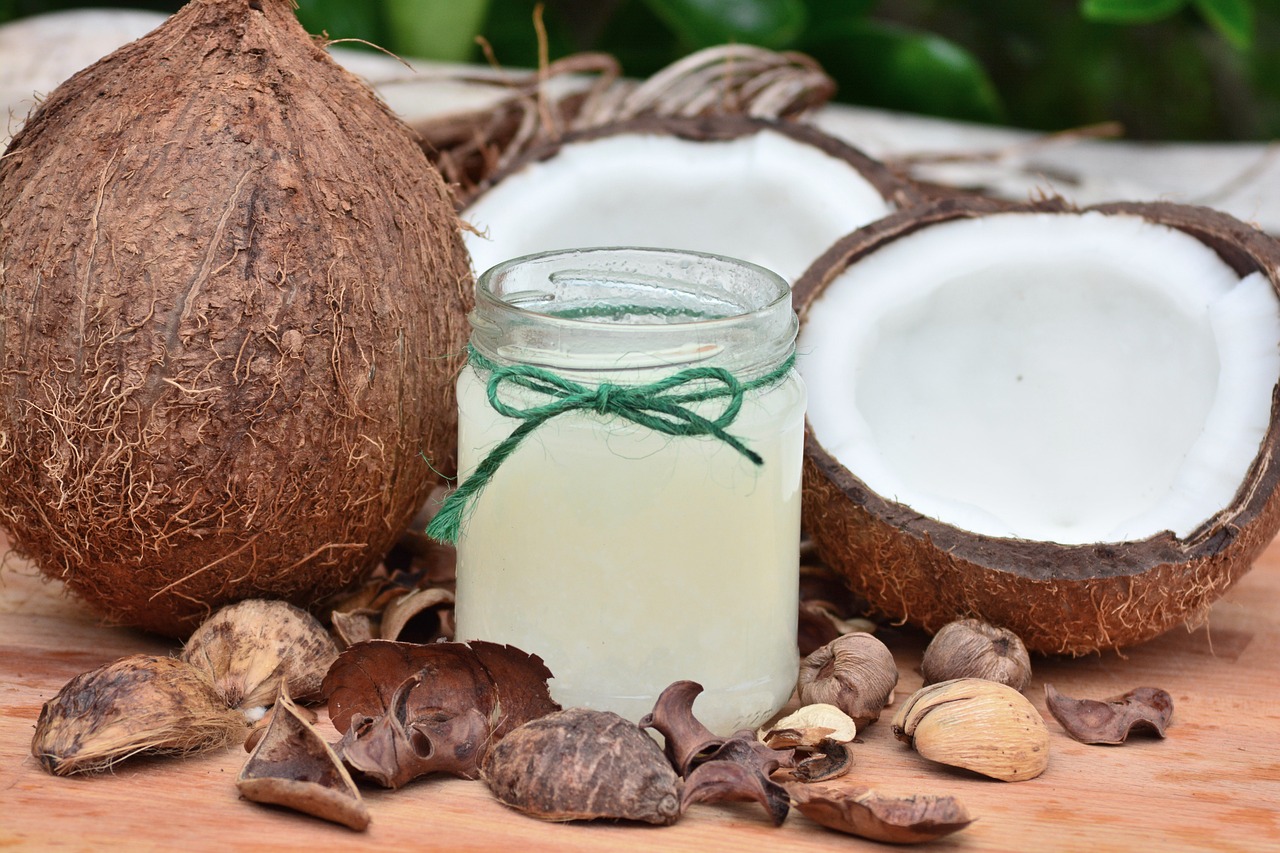In today’s fast-paced world, the importance of maintaining a balanced diet has never been more crucial. Among the various dietary components that contribute to our overall health, dietary fiber stands out as an essential element that often goes unrecognized. While it may seem mundane or merely a buzzword in nutrition circles, dietary fiber plays a vital role in supporting not only digestive health but also overall wellness. In this blog post, we will explore what dietary fiber is, the different types available, its numerous health benefits, and practical ways to increase your daily intake.
What is Dietary Fiber?
Dietary fiber, often referred to simply as fiber, is a type of carbohydrate that the body cannot digest. Unlike sugars and starches, which are broken down and absorbed, fiber passes through the digestive system relatively intact. This unique property allows fiber to contribute to numerous health benefits.
Types of Dietary Fiber
Dietary fiber can be classified into two main categories:
- Soluble Fiber: This type dissolves in water and forms a gel-like substance. It can help lower cholesterol and glucose levels. Common sources include:
- Oats
- Beans
- Apples
- Citrus fruits
- Insoluble Fiber: This type does not dissolve in water and adds bulk to the stool, helping food pass more quickly through the stomach and intestines. Examples include:
- Whole grains
- Nuts
- Vegetables (especially dark green leafy ones)
- Wheat bran
Health Benefits of Dietary Fiber
Integrating dietary fiber into your daily diet offers a multitude of health benefits. Here are some of the most significant advantages:
- Improved Digestive Health: Fiber helps keep the digestive tract flowing smoothly. Regular fiber intake can prevent constipation and promote regular bowel movements.
- Weight Management: Foods high in fiber are more filling, which can reduce hunger and assist in weight loss efforts.
- Lower Cholesterol Levels: Soluble fiber can reduce the absorption of cholesterol into your bloodstream, which can lead to heart health.
- Blood Sugar Control: Fiber can slow the absorption of sugar, reducing spikes in blood sugar levels, making it beneficial for those with diabetes.
- Reduced Risk of Chronic Diseases: A fiber-rich diet may lower the risk of developing various diseases, including heart disease, diabetes, and certain types of cancer.
How Much Fiber Do You Need?
The recommended daily intake of dietary fiber varies by age and gender:
- Women: 25 grams per day
- Men: 38 grams per day
However, most Americans fall short of these recommendations. It’s crucial to gradually increase fiber intake to avoid digestive discomfort.
Sources of Dietary Fiber
Here are some practical examples of high-fiber foods to include in your diet:
- Fruits: Raspberries (8g), Pear (5g), Banana (3g)
- Vegetables: Broccoli (5g), Brussels sprouts (4g), Carrots (4g)
- Legumes: Lentils (15g per cooked cup), Black beans (15g per cooked cup)
- Whole Grains: Quinoa (5g), Oats (4g per cup), Barley (6g per cooked cup)
- Nuts and Seeds: Chia seeds (10g), Almonds (3g per ounce), Flaxseeds (3g per ounce)
Tips to Increase Your Fiber Intake
If you’re looking to boost your fiber consumption, here are some actionable tips:
- Start Your Day with Fiber: Choose a high-fiber cereal or oatmeal for breakfast.
- Incorporate Whole Grains: Switch to whole grain bread, pasta, and rice.
- Snack on Fruits and Vegetables: Keep cut-up veggies or fresh fruit on hand for snacks.
- Add Legumes: Include beans or lentils in soups, salads, and main dishes.
- Gradually Increase Fiber: Boost your fiber intake slowly to avoid digestive issues.
Conclusion
Dietary fiber is an essential component of a healthy diet, offering a wide array of health benefits, from promoting digestive health to lowering the risk of chronic diseases. By understanding different types of fiber, its significance, and how to incorporate it into your daily meals, you can take proactive steps towards a healthier lifestyle. Remember, the journey to better health through fiber begins with small, manageable changes in your diet—so start today and enjoy the long-term benefits for your body!






